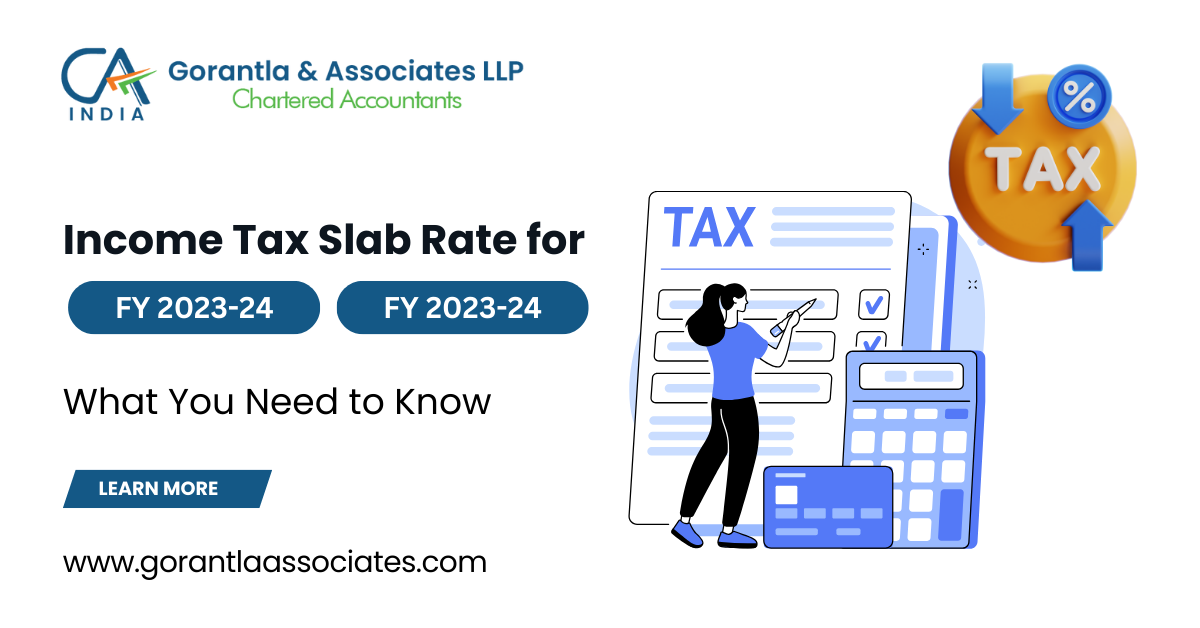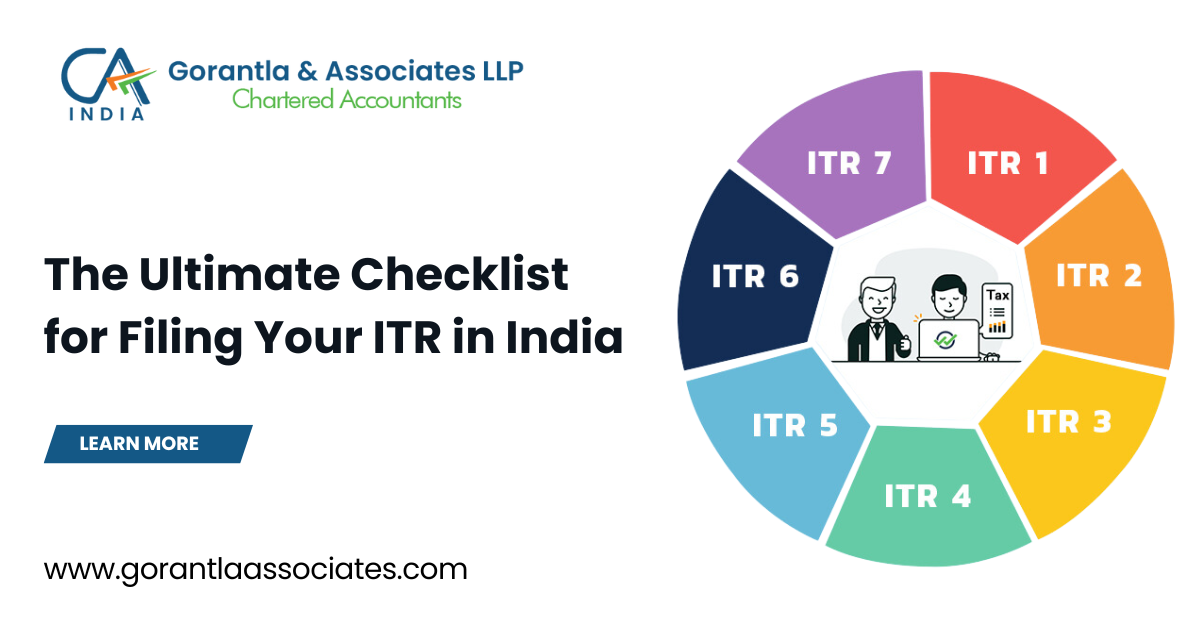
Notification no: G.S.R. 700(E) In exercise of the powers conferred by sub-sections (1) and (2) of section 469 of the Companies Act, 2013 (18 of 2013), the Central Government hereby makes the following rules further to amend the Companies (Specification of Definition Details) Rules, 2014, namely:-
New Definition of a Small Company [Section 2(85)] of Companies Act 2013
The limit of paid up capital and turnover for the small company has been increased to Rs. Four Crore (Previous Limit Rs.2 Crore) and Rs. Forty Crore (Previous Limit Rs.20 Crore) respectively.
New Small Company Threshold Limit:
- Paid up capital-Rs. 4 Crores
- Turnover-Rs. 40 Crores
But following companies do not falls under the category of small company even though they comply above 2 conditions
- A holding or a subsidiary company.
- A company registered under section 8.
- A body corporate or company governed by any special act.
Advantages of Small Companies:
The Companies Act, 2013 provides advantages in the form of relaxation in compliance, thus new threshold limits reduces the burden on these companies. The benefits to small companies under the Act are as follows:
- Board Meetings: –small companies may hold only 2 board meetings in a calendar year, i.e. one Board Meeting in each half of the calendar year with a minimum gap of ninety days between the two meetings.
- Rotation of company auditors: –It is not necessary for small companies to follow the condition laid in Section 139(2) of the Company Act 2013, which mandates the rotation of auditors every 5 years (individual auditors) and every 10 years (firm of auditors).
- Exemptions for Board’s Report: – Matters to be included in Board’s Report mention in Rule -8 of companies (Accounts) Rules, 2014 not apply for small company.
- Annual Return: – Annual Return of a Small Company can be signed by the company secretary alone, or where there is no company secretary, by a single director of the company.
- Remuneration details in Annual Return: – As per section 92 of companies Act, 2013 private companies are require to give a details of remuneration of directors and key managerial personnel , but in small companies only “aggregate amount of remuneration drawn by directors” is required in annual return.
- Cash Flow Statement: – A small company needs not to include Cash Flow Statement as part of its financial statement.
- Exemptions for Audit Report: – small companies are not required to give report on internal financial controls with reference to financial statements and the operating effectiveness of such controls in audit report.
- Fees and Charges:
In the case of a Small Company, the Act prescribes lesser penalties compared to other private or public companies. It also provides less fees for filing forms with the ROC compared to the fees of other companies.
Related Posts
A Comprehensive Overview of the Finance Bill 2024
The Finance Bill 2024, introduced in the Lok Sabha, seeks to implement the financial proposals…
The Provisions of the Finance Bill, 2024: A Comprehensive Overview
The Finance Bill, 2024, introduces several amendments to the Income-tax Act, 1961, and other related…
Understanding the Income Tax Slab Rates for FY 2023-24, AY 2024-25: New vs. Old Tax Regimes
The income tax slab rate is the percentage of tax you pay on your income,…
Which ITR Form is Right for You? Find Out Now!
Filing your Income Tax Return (ITR) in India is an essential responsibility. However, with various…






